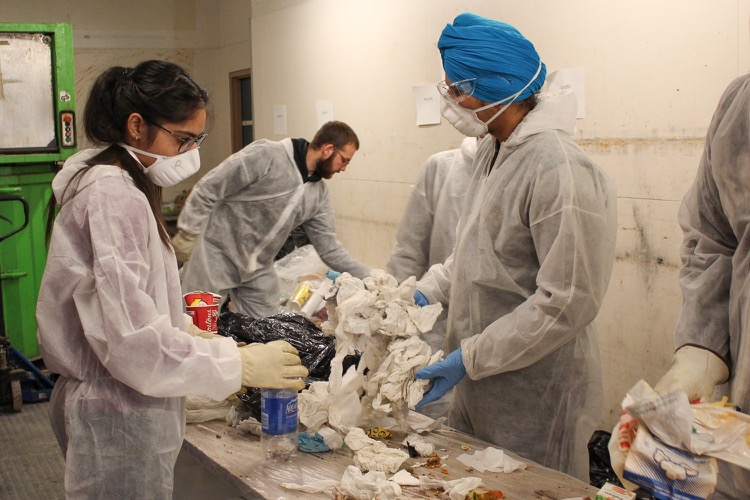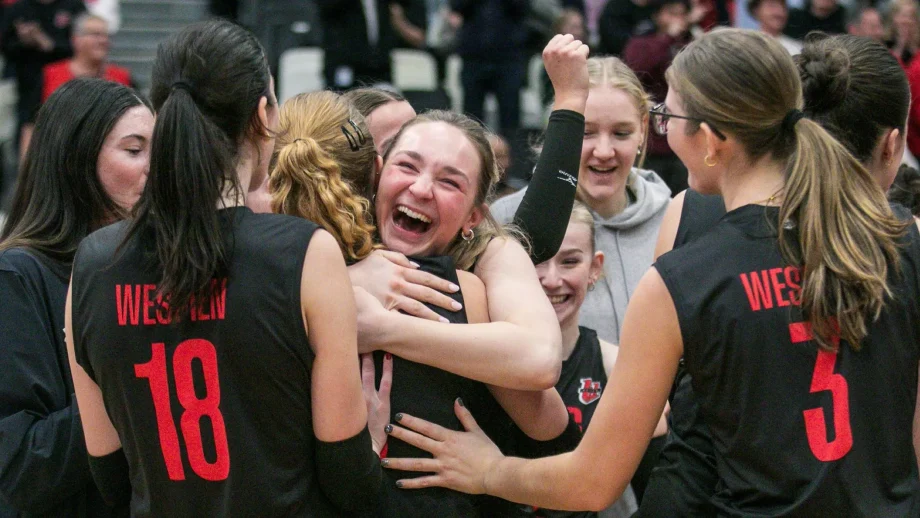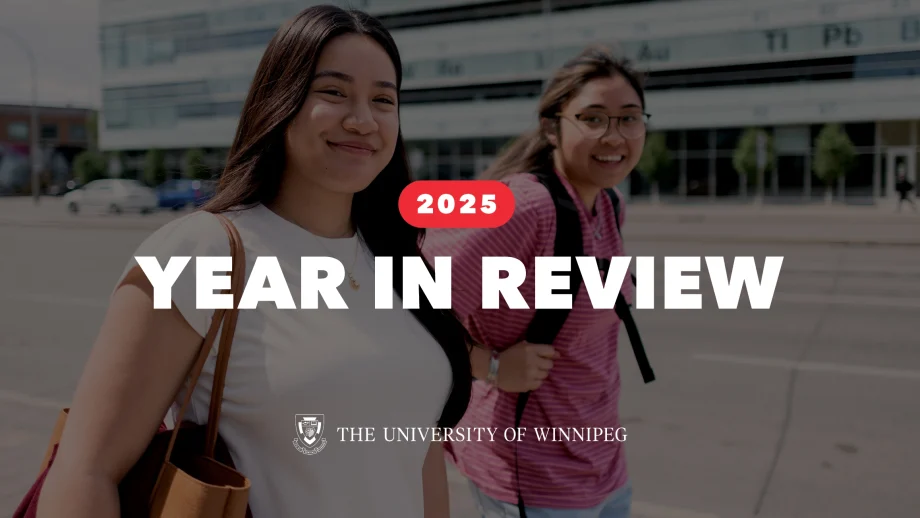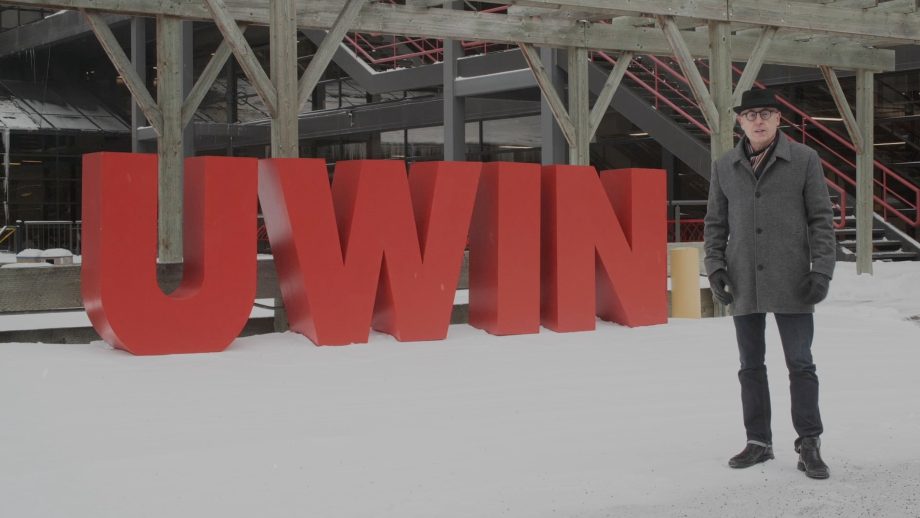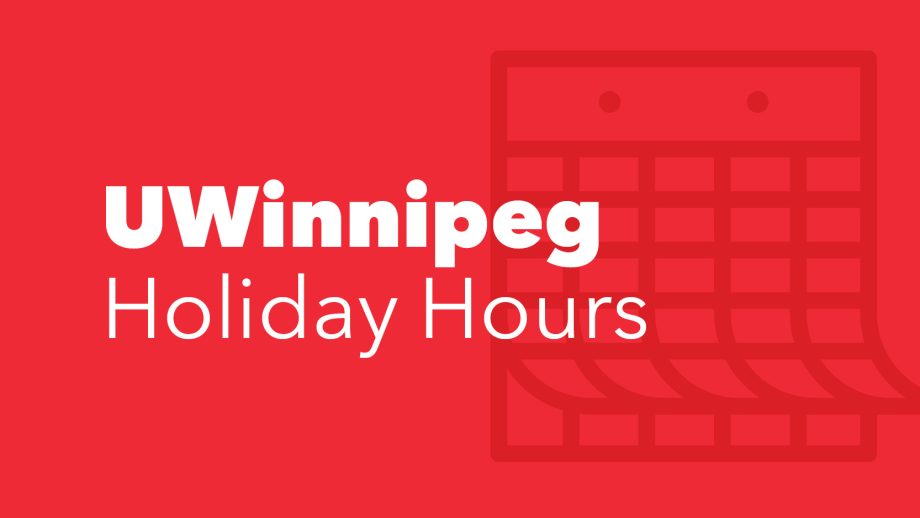The work isn’t glamorous, but it is educational. Earlier this month, 28 student volunteers helped sort and weigh nearly all of the garbage, recycling, and compost generated by the UWinnipeg community over the course of five days for the Campus Sustainability Office’s triannual waste audit.
“The waste audit is a great opportunity for students to get their hands, literally, dirty in the practice of institutional sustainability management,” said Joseph Wasylycia-Leis, UWinnipeg’s Campus Sustainability Coordinator.
Ravneet Kaur is an international student studying business administration at UWinnipeg. She and a few friends volunteered to help out with the waste audit.
“This is my first semester in this university, so I’m quite interested in these activities,” she said. “Everyone should be involved in something like this. It provides knowledge to people about recycling and composting…some people don’t know about waste.”
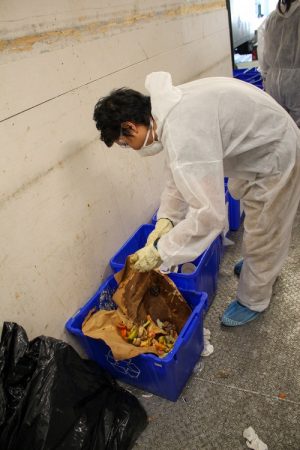 The goal of the audit is to collect data on the University’s waste diversion efforts. With the help of UWinnipeg’s Physical Plant and Bee Clean staff, the team gathered waste from main campus, the Buhler Centre, and the Richardson College for the Environment and Science Complex — making this the Sustainability Office’s most comprehensive audit to date.
The goal of the audit is to collect data on the University’s waste diversion efforts. With the help of UWinnipeg’s Physical Plant and Bee Clean staff, the team gathered waste from main campus, the Buhler Centre, and the Richardson College for the Environment and Science Complex — making this the Sustainability Office’s most comprehensive audit to date.
Once collected, each bag was identified by the kind of bin it came from (single or multi-stream) and assigned a contamination percentage based on the number of things that weren’t supposed to be there — for example, the number of non-compostable items in compost bags.
Thanks to a partnership with the Canadian Beverage Container Recycling Association, the volunteers were able to sort the contents of the bags into 69 different waste categories. Being able to organize the waste so precisely, means the Sustainability Office is able to figure out how well they’re educating and communicating with the campus community.
“We know landfill diversion is a key element of environmental sustainability,” Wasylycia-Leis said. “It’s an important job that every member of the campus community is responsible for.”
In addition to gathering important data, the waste audit is also a chance to explore the idea of providing waste auditing services to local businesses as a student-led social enterprise. This would give students another opportunity for hands-on learning, says Wasylycia-Leis.
Once the data is analyzed the waste audit findings will be posted here on the Campus Sustainability Office’s website.

